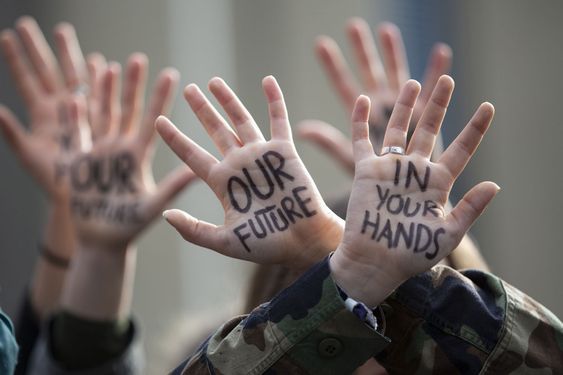- Level of GBV remains high in Botswana
- Women with disabilities two to three times more at risk
- Substantive progress made in representation of women in decision-making
- Notable progress in sexual and reproductive health recorded
A mix of setbacks and progress has been recorded in promoting equality between women and men in different economic, social and political spheres in the country, the latest Botswana 2022 Voluntary Review Report says.
In response, the government has put in place legislative reforms such as the Sexual Offenders Registry Act enacted in December 2021 and an Inter-Ministerial Committee on GBV. There are also ongoing reforms within the criminal justice system to expedite the turn-around time for cases and provide resources and psychosocial support to GBV survivors.
However, tackling GBV needs more attention. “Despite these efforts, the level of GBV still remains high in the country,” the report notes. “One in 3 women has experienced GBV in their lifetime with women with disabilities two to three times (more) at risk.”
Women in decision-making
The report states that the country has made substantive progress in the representation of women in decision-making in political, economic and public life. It notes that the Botswana Land Policy was revised in 2021 to facilitate ownership of land by both men and women married in community of property.
In the current electoral circle, Botswana has made commendable progress in representation of women at all levels of decision-making as women make up 11 percent of the national parliamentary seats from 7.9 percent in the previous cycle.
“In 2019, the Convention on the Elimination of all Forms of Violence Against Women (CEDAW) Committee in its concluding observations to Botswana, noted the increase in the number of women traditional leaders as a positive change in social and cultural norms in the country,” says the report.
“Botswana has reached gender parity where 50.1 percent of the economically active males are employed compared to 49.9 percent of females.”
Sexual and reproductive health and rights
Improvements in key sexual and reproductive health and rights records reveal that there is a decline in AIDS-related deaths from 5 300 in 2017 to 5 100 in 2020 while the total fertility rate is from three to 2.8 births per woman. There is a notable contraceptive prevalence rate from 53 percent to 64 percent (2017).
To accelerate action for opportunities, the report states that there is an urgent need to strengthen the legal framework to guide the implementation of laws, policies and projects that promote the achievement of gender equality in Botswana.
There is also a need to understand the financing landscape and strengthen mobilisation efforts as Botswana intends to develop an investment in intimate partner violence, including a return on investment analysis.
“Mainstreaming gender into public finance management and creation of dedicated budget lines for gender issues, including an establishment of a gender response fund to support Civil Society Organisations, also offer opportunities for the advancement of gender equality in Botswana,” the report says.

